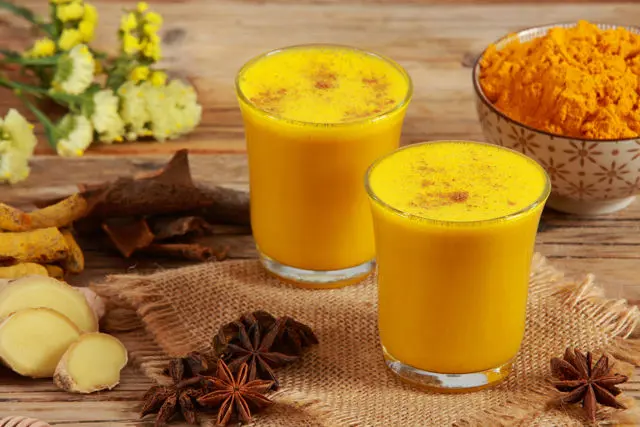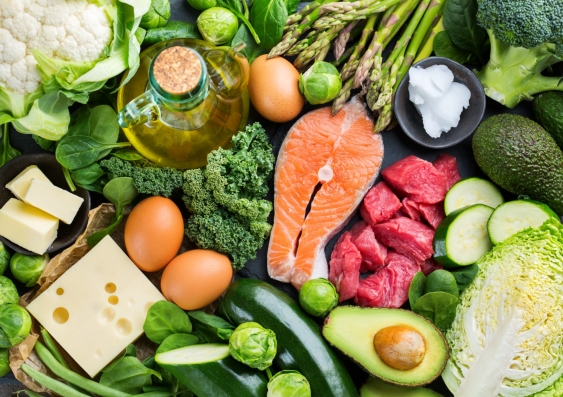Wellhealthorganic.com know why not to reuse plastic water bottles know its reason in Hindi: Research has shown that containers commonly employed for storing food and beverages, such as the transparent water bottles often seen hanging from hikers’ backpacks, may contain minute traces of Bisphenol A (BPA), a synthetic chemical that has the potential to disrupt the body’s natural hormone signaling system.
Founded over 15 years ago in Sussex, UK, One Green Bottle emerged as a response to these concerns and the widespread presence of single-use plastic bottles filled with water and fruit juices on store shelves. This innovative company offers a diverse range of reusable bottles meticulously crafted from the highest-grade stainless steel, known for its inert properties and complete safety for repeated and extended use.
Distinguished with awards, the company has gone the extra mile to establish an exceptionally sustainable supply chain, ensuring that their product is free from plastic packaging and is manufactured with a commitment to ethical and responsible practices.
Discover our collection of Award-Winning Water Bottles that are 100% certified free from harmful chemicals.
Caution Against Reusing Plastic Bottles
The repeated use of plastic bottles, which can develop scratches and wear during regular washing, raises the risk of chemicals seeping from micro-fractures and crevices that form over time. A comprehensive review of 130 studies conducted by the Environment California Research & Policy Center has linked BPA to breast and uterine cancer, an increased risk of miscarriage, and decreased testosterone levels.
BPA can also negatively impact the developing systems of children, making it important for parents to be mindful, as some baby bottles and sippy cups are made from plastics containing BPA. While most experts believe that the potential leaching of BPA through regular handling is likely minimal, concerns persist regarding the cumulative effects of these minor doses over time.
Also Read : Wellhealthorganic.com simple ways to improve digestive system in Hindi
The Inadvisability of Reusing Plastic Water and Soda Bottles
Health advocates strongly discourage the reuse of bottles made from plastic #1 (polyethylene terephthalate, or PET/PETE), which includes most disposable water, soda, and juice bottles. While these bottles may be safe for single use, studies suggest that reusing them may result in the leaching of DEHP, another potential human carcinogen, especially when structurally compromised or in less than perfect condition.
Contributing to Landfill Waste
Globally, a million plastic bottles are purchased every minute, equivalent to 20,000 bottles per second. In 2016, an astonishing 480 billion bottles were sold. While these bottles are generally recyclable, with virtually all municipal recycling systems accepting them, their use remains environmentally irresponsible. According to the nonprofit Center for International Environmental Law, the production and incineration of plastic in 2019 were expected to generate over 850 metric tons of greenhouse gases, toxic emissions, and pollutants contributing to global warming. Despite PET bottles being recyclable, less than half of those purchased in 2016 were collected for recycling, with only 7% being converted into new bottles. The majority ends up in landfills daily.
Toxic Substances Released by Incinerating Plastic Bottles
Plastic #3 (polyvinyl chloride/PVC) is another suboptimal choice for water bottles, whether reusable or not, as it can leach chemicals that disrupt hormones into stored liquids and release synthetic carcinogens into the environment when incinerated. Plastic #6 (polystyrene/PS) has also been shown to leach styrene, a potential human carcinogen, into food and beverages.
Safer, Reusable Alternatives Are Available
Wellhealthorganic.com know why not to reuse plastic water bottles know its reason in Hindi, Consumers have alternatives to plastic bottles that are not only reusable but also safer. Opt for bottles made from HDPE (plastic #2), low-density polyethylene (LDPE, or plastic #4), or polypropylene (PP, or plastic #5). Aluminum and stainless steel water bottles, readily available from online retailers and many natural food markets, are more secure choices that can be reused and eventually recycled.
Also Read : Well Health Tips in Hindi WellHealth
Explore our user-recommended selection of safe, reusable water bottles here. These bottles have been specifically chosen by our customers as superior alternatives to single-use plastic bottles.
FAQs
1. Are reusable stainless steel bottles really safe for extended use?
A: Yes, stainless steel bottles are crafted from high-grade materials, ensuring they are inert and completely safe for repeated and extended use.**
2. Why should I avoid reusing plastic bottles made from PET?
A: Reusing PET bottles, commonly used for water and soda, may lead to the leaching of DEHP, a potential human carcinogen, especially when bottles are compromised or in less than perfect condition. It is advisable to opt for safer, reusable materials.**
3. How can plastic bottle waste impact the environment?
A: Globally, a million plastic bottles are purchased every minute, contributing to landfill waste. Despite being recyclable, the production and incineration of plastic generate significant greenhouse gases, toxic emissions, and pollutants, exacerbating environmental issues.**
4. Is there a risk of harmful chemicals leaching from plastic bottles into beverages?
A: Research indicates that with regular use, plastic bottles may develop micro-fractures, increasing the risk of chemicals like Bisphenol A (BPA) seeping into drinks. While the risk is considered minimal, concerns persist about the cumulative effects over time.**
5. What are safe alternatives to plastic bottles?
A: Opt for bottles made from HDPE (plastic #2), LDPE (plastic #4), or PP (plastic #5) for a safer and reusable choice. Additionally, aluminum and stainless steel bottles are secure options available from various retailers and natural food markets.**



